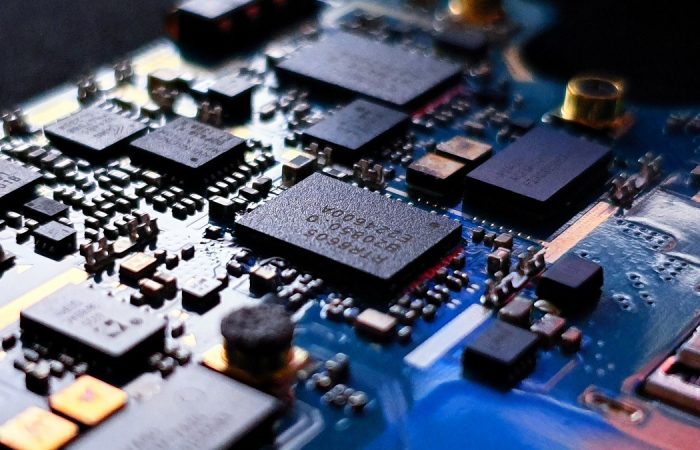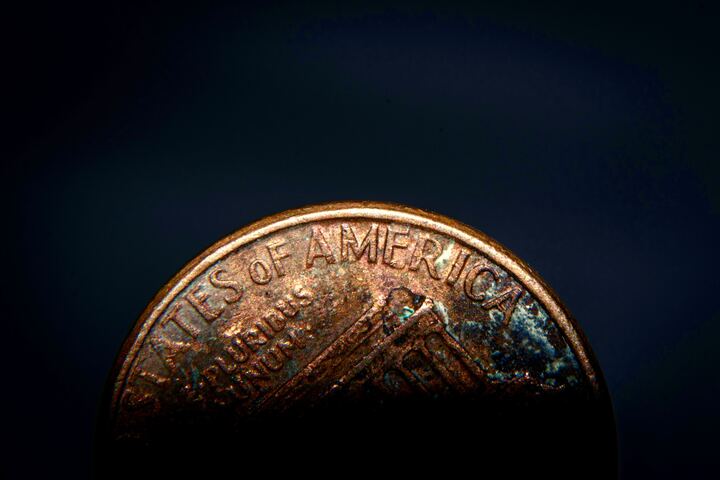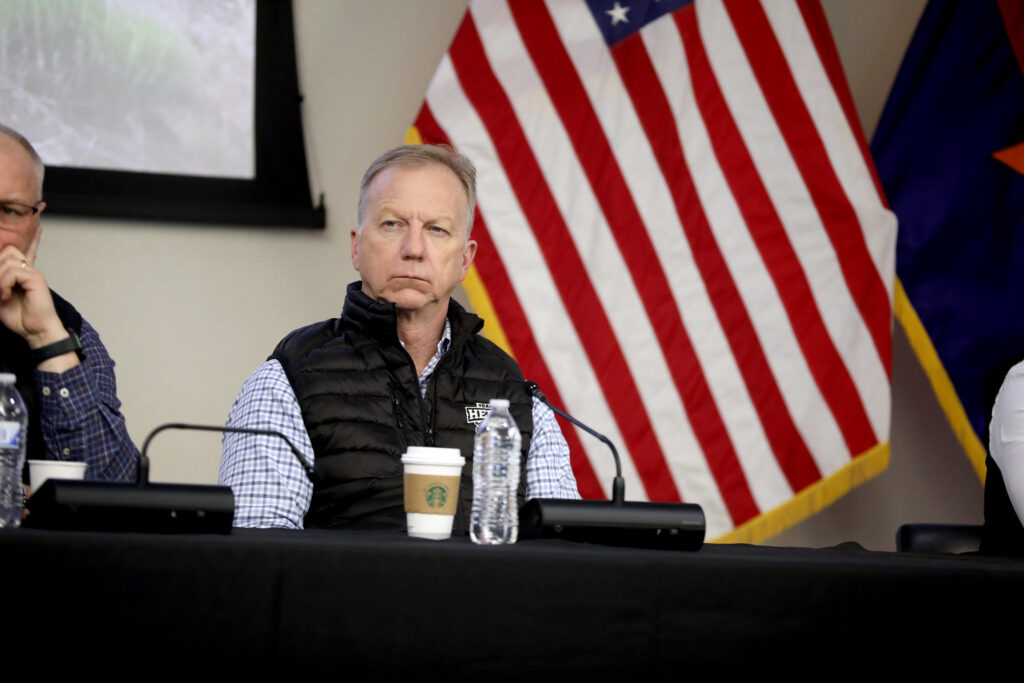On February 26, Center for Strategic and International Studies (CSIS) Renewing American Innovation Project hosted an event inviting U.S. Secretary of Commerce Gina M. Raimondo to discuss “Investing in Leading-Edge Technology: An Update on CHIPS Act Implementation.” CSIS Senior Fellow Sunjai Shivakumar moderated the event, which had two sections. Initially, Secretary Raimondo gave a presentation about the status quo of the current CHIPS Act with associated opportunities and challenges. Following this, CSIS Senior Adviser Dr. Charles Wessner held a fireside conversation with Secretary Raimondo regarding several issues related to the CHIPS Act.
Secretary Raimondo’s briefing about the progress of CHIPS Act implementation covered both the “Good News” and “Bad News.” There are three positive issues, as Secretary Raimondo mentioned. First, since President Joe Biden signed the CHIPS Act, “the private sector has announced $200 billion in chip manufacture investment.” Second, nine states have established new economic development programs, targeting the semiconductor industry. Furthermore, Secretary Raimondo explained that “more than 50 community colleges across 19 states have announced new or expanded programming to support semiconductor industry opportunities.”
However, the implementation of the CHIPS Act has encountered challenges. Secretary Raimondo pointed out one major obstacle of the CHIPS Act being insufficient funding. The amount of requested financial subsidy from semiconductor companies exceeded the available capitals CHIPS Act granted. Also, she emphasized “making every dollar count,” which is to ensure that every funding can provide tangible economic interests and strengthen national security. To achieve this goal, she also announced the decision “to prioritize projects that will be operational by 2030.”
After mentioning these challenges, Secretary Raimondo addressed several expected points of progress that the U.S. will make if the CHIPS Act implementation were successful. By 2030, the U.S. would be the only country in the world where new chip architectures can be invented in new research labs. The U.S. would also decrease its reliance on other countries’ chip industry by owning a complete chip supply chain including polysilicon production, wafer manufacturing, fabrication, and advanced packaging. Moreover, engineering schools in the U.S. would provide more engineers and technicians for the semiconductor industry.
After Secretary Raimondo’s update on CHIPS Act implementation, Dr. Wessner laid out a number of interesting questions related to the CHIPS Act. When asked about U.S. leverage over the chip industry, Secretary Raimondo responded that “the advantages in our ecosystem is that leading-edge chip customers are American like Apple, Nvidia, Microsoft, Google, Amazon; and designers of these chips—Nvidia, AMD—are American.”
Then, Dr. Wessner asked for Secretary Raimondo’s perception on the importance of tax incentives and tax credits. She appreciated the Congress’s efforts on this tax agenda and pointed out that “the tax policy will be a powerful incentive to stretch the capital.”
After that, the conversation went through the problem of the talent pipeline of the chip industry. Secretary Raimondo discussed the collaboration between chip companies and National Semiconductor Technology Center (NSTC) on building a national hub for chips’ workforce and training. She hoped that this kind of talent pipeline can “set standards and best practices” to unify the chip industry which benefits the total industry.
Building on the question of talents, Dr. Wessner raised a hypothetical question about what would happen if the U.S. does not have the chip supply for the artificial intelligence (AI) revolution. Secretary Raimondo underlined the critical implication of chips in AI development and the associated risks if the U.S. is overly dependent on Asia for its entire chip supply. Besides, she noted, the application of AI is closely related to military tasks including nuclear simulation, satellites, and bioterrorism. As Secretary Raimondo phrased in the response to the AI concern, the United States’ world leadership correlates with its leading position in technology and innovation.
The fireside conversation between Secretary Raimondo and Dr. Wessner concluded by discussing the concern of small companies, about which Secretary Raimondo made two points. Despite not participating in chip’s infrastructure development, small companies contribute to chip manufacturing, prompting a commitment to support them through small grants and the NSTC’s plan to provide infrastructure access for those facing capital constraints.




